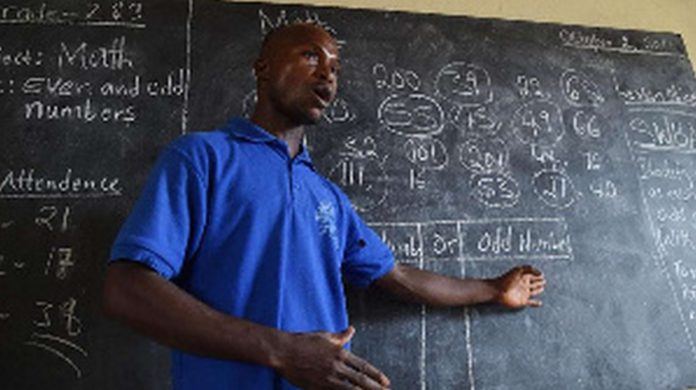So, you’re a teacher or volunteer, and you’re planning on heading out to South Africa to help out, share your wisdom, and help one of the most up-and-coming nations in the world.
It’s an inspiring thing to do, and perhaps a once-in-a-lifetime opportunity you’re not going to want to pass up.
However, before heading off, you’re going to want to make sure you’re as prepared as possible, and that means reading through these tips, ensuring you know what you need to know.
South Africa is very welcoming
You may have heard horror stories of South Africa, and while true, the chances of you being affected by them are slim.
On the whole, South Africa is a very warm, inviting, and welcoming place, and there’s a very big, and increasingly growing, emphasis on community and being there for one another; a community that you’ll get to be a part of.
Understand where your money is going
This is an important question to ask, and one all volunteers should always be asking, no matter whereabouts in the world they’re going. If you’re paying a volunteer fee, always ask where the money goes before heading out and paying it, making sure you’re aware of how much actually goes to the community you’re helping out.
“Trust me when we say this figure can vary wildly, and while you may assume that all money goes to helping the community, this is simply not the case. Any volunteer company or organisation you’re working with should be 100% transparent about where your money is going, and if they’re not, it may pay to go with a different one,” shares June Harper, a business writer at State of writing and Revieweal.
People come from different Cultures
Within a single class, there will be many students from different backgrounds and cultures and will have already been educated to different degrees and levels, and this is important to remember. As a teacher, it’s important you embrace and accept these differences, and try to find the beauty in them all, as well as teaching your students to do the same.
Educational resources are limited
When teaching in South Africa, understand that the education system is not like those in the Western world and that your resources will be limited. That includes teachers who are actually teaching. Whereas you may be used to 15-20 children sized classes, South Africa has more like 60 students per one teacher.
“With figures like this, of course, there’s a lot of work to be done. This means that not all students can have the degree of attention they need, hence why Africa has a literacy rate of under 50%. This, of course, depends on where you go, but it’s worth remembering so you can be prepared,” explains Sarah Marie, a lifestyle blogger at UK Writings and Eliteassignmenthelp.
People Struggle
Not everyone in South Africa will come from a well-off family, and many will be struggling. This will leave students coming into class complaining of being hungry having skipped a meal that night before or that morning. This creates a lack of focus in the class, and they won’t have the ability nor energy to keep up with the class.
One teacher volunteer once said, ‘It is often the child who deserves your love the least that needs it the most’. There are going to be students who play up and misbehave, and the chances are they’re not trying to be disruptive, but instead desperately trying to find their way in the world while coping with the many struggles they are dealing with at home.
You need to bear this in mind as a teacher and try and do what you can.
Conclusion
As you can see, there’s plenty to think about when it comes to teaching in South Africa, and the more you can prepare yourself mentally, the better off you’ll be. Try to be as understanding and as accepting as possible, and remember, you can’t solve every problem, you can only do your best.

